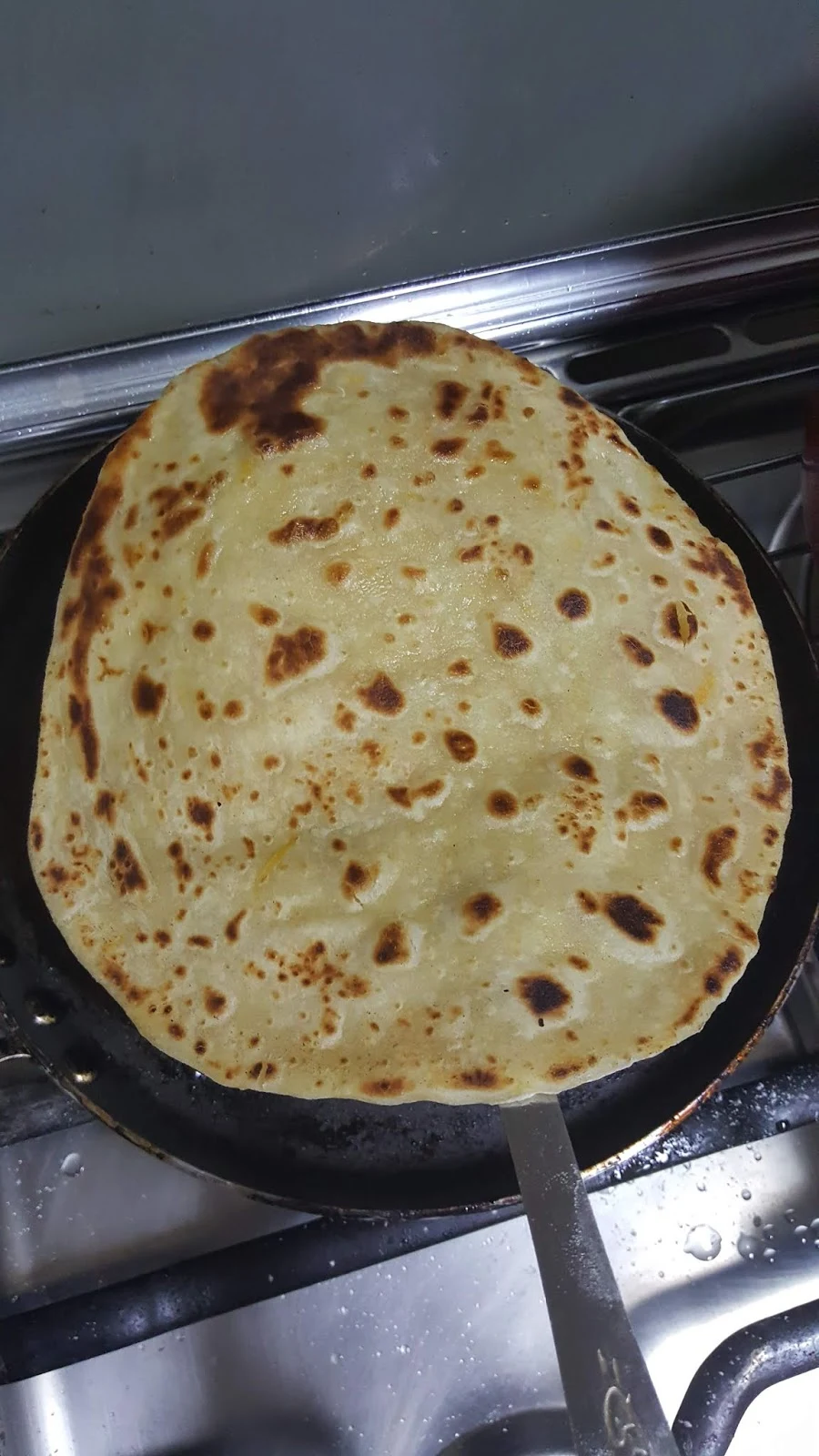Kenyan recipe
Monday, 18 April 2022
Discover how to make soft and layered butternut chapati, a healthy twist on the classic flatbread. Perfect for nutritious meals and packed with the benefits of butternut squash. Chapati is a beloved flatbread in many households across the world, especially in East African and South Asian cuisines. It's a staple that pairs beautifully with both savory and sweet dishes. But if you're looking for a healthy chapati recipe that adds a flavorful twist to the classic, then soft and layered butternut chapati is your next must-try. This easy chapati recipe not only offers a rich, buttery texture but also comes with the added nutritional value of butternut squash.
Monday, 4 May 2020
I love tips and tricks to getting soft chapatis, so far I have several ways I have learnt to fold chapati so that you get the softest chapati full of layers. I have already done 2 ways that I have already shared on my Youtbe channel. This method is very easy and the more practise you do it, the better you will become.
Wednesday, 1 April 2020
Wednesday, 18 March 2020
Chapati is also spelled as chapatti,
chappati, chapathi, or chappathi, also known as roti, safati, shabaati, phulka
and (in the Maldives) roshi. Chapatis
are made of whole-wheat flour known as atta, mixed into dough with water,
edible oil and optional salt in a mixing utensil called a parat, and is cooked
on a tava (flat skillet). Chapati dough is typically prepared with flour, salt
and water, kneaded with the knuckles of the hand made into a fist and left to
proof for at least 10 or 15 minutes to an hour for the gluten in the dough to
develop. After proofing, the dough becomes softer and more pliable. Small
portions of the dough are pinched off and formed into round balls that are
pressed between the two palms to form discs which are then dipped into flour
and rolled out on a circular rolling board (a chakla), using a rolling pin
known as a velan or belan, into a flat disc.The rolled-out dough is then
thrown on the preheated dry tava and cooked on both sides.
Subscribe to:
Comments (Atom)




Social Media
Search